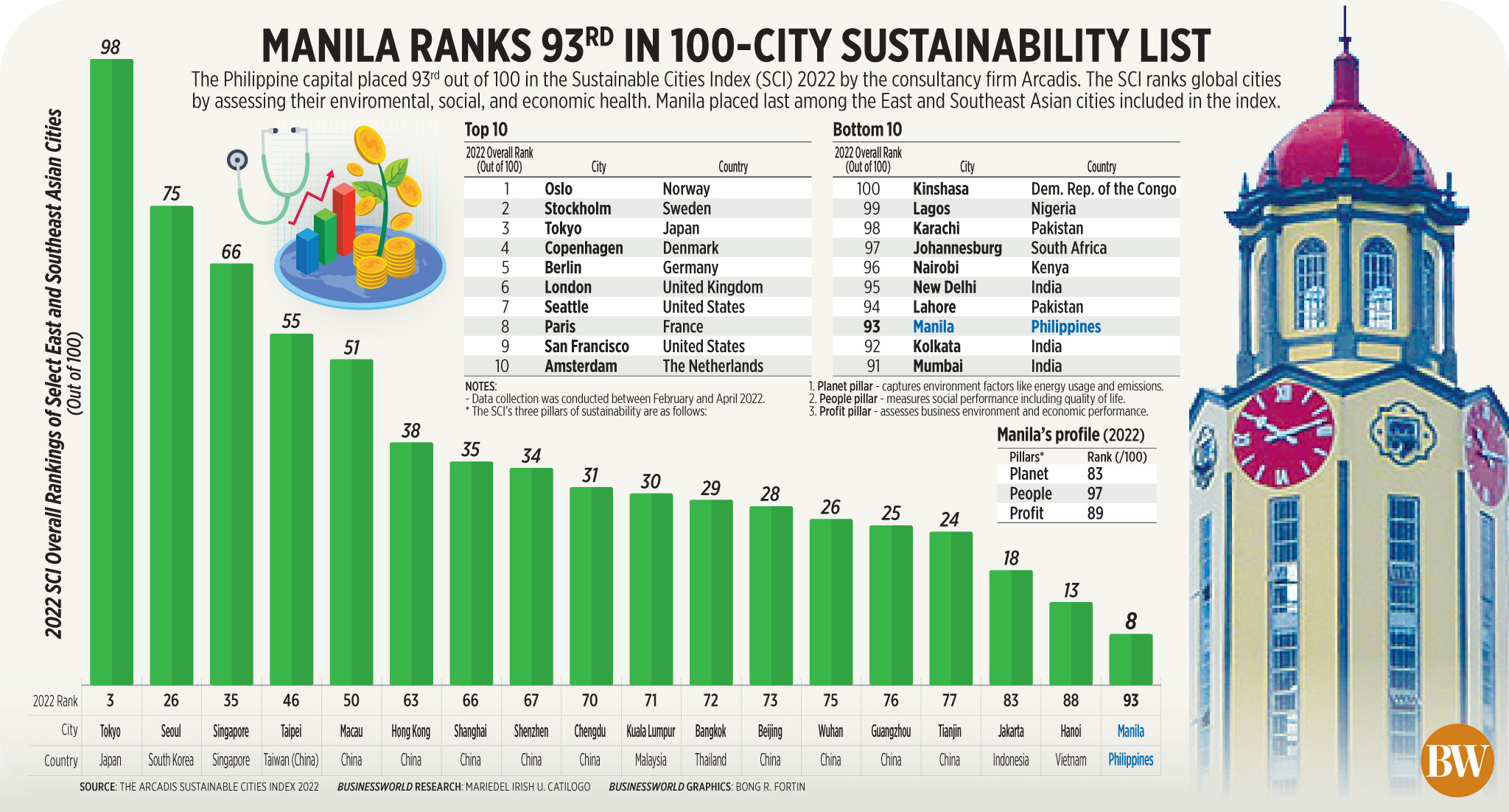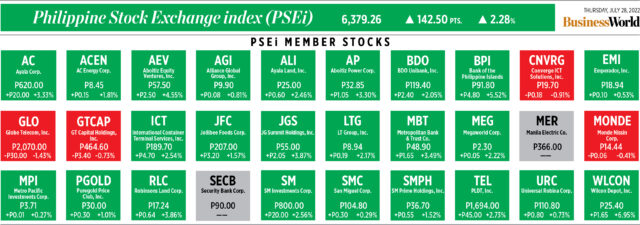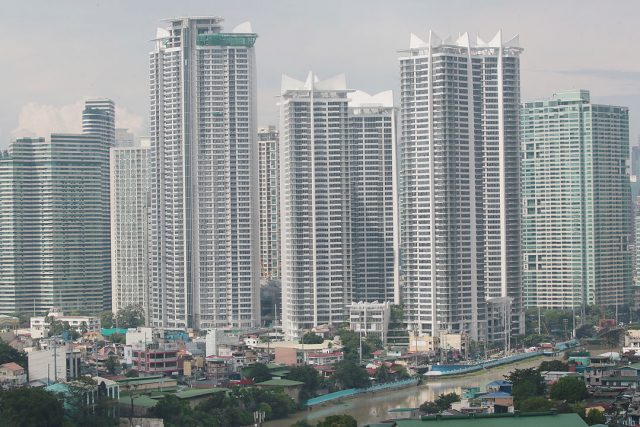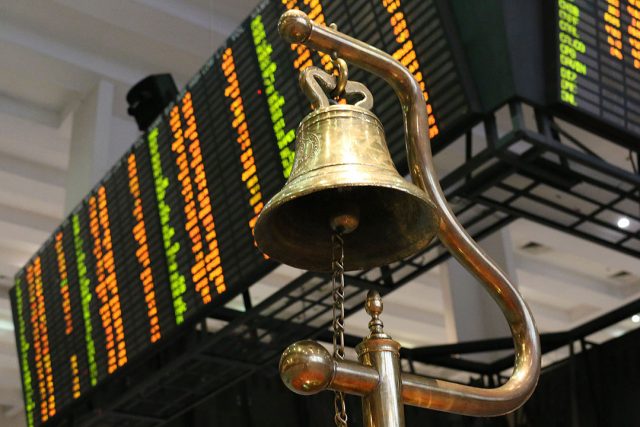A RETURN to on-site work for most employees is expected to boost the recovery of the residential property market, particularly condominiums, according to Colliers Philippines.
“In terms of supply, we are seeing sustained recovery in condominium completion…. a lot of employees are returning to traditional work spaces and are looking for condo units near(by),” Colliers Senior Research Manager Joey Roi H. Bondoc said in a virtual briefing.
On the other hand, the market for pre-selling condominiums in Metro Manila is likely to be hampered by rising interest rates, according to Colliers.
“In our view, compressing yields have also been compelling developers to delay condominium launches in the capital region. Colliers believes that developers are now taking a more cautious stance as they await the release of the new administration’s economic agenda, including property reforms, and gauge general consumer sentiment amid rising inflation and interest rates,” the company said in its report.
“The secondary market, meanwhile, is likely to benefit from the return of foreign employees as well as local firms’ return-to-office mandates. We see this positively influencing prices and rents in major business districts,” it added.
Mr. Bondoc said that the administration’s plans for infrastructure development will also support the recovery of the residential property sector.
“There’s a push to support ecozones and investments and data centers, which is a potential driver for spaces,” he said.
Colliers projected the delivery of 10,100 units by the end of 2022, with the Bay Area accounting for about 60% of this new supply.
“Looking at the second half, we are expecting the delivery of about 8,800 new units. This is an aggressive completion (rate which) we are projecting,” Mr. Bondoc said.
“This relentless completion will propel Bay Area to top the business districts in terms of completion or total share of condo supply. By 2024, the Bay Area will overtake Fort Bonifacio,” he added.
Rents increased by 0.4% in the second quarter this year, Colliers said. “The return of more local and foreign employees to their offices should support leasing demand and lift rents 1.2% year on year in 2022.”
In the second quarter, vacancies declined across all submarkets except for the Bay Area.
By the end of the year, Colliers said it projects vacancies easing to 17.3% after the record 17.9% set in 2021.
“Given the subdued residential demand during the last two years, developers offered attractive promos and discounts to attract potential buyers and investors. Common offerings included lower reservation fees, split or no down payments, and free furniture, gadgets and appliances such as air-conditioning units,” the property consultant said.
“In our view, developers should continue to be aggressive in offering innovative and attractive promos to recapture residential demand. Some developers may opt to offer early move-in promos or rent-to-own schemes for their ready-for-occupancy (RFO) units. For non-RFO units, developers may offer extended payment terms even beyond turnover. These promos should be highlighted especially for a client base wary of rising inflation and mortgage rates,” it added.
The office market is expected to grow as economic activity recovers, with the government indicating that there will likely be no more lockdowns.
“Overall, the Philippines is open for business. We like the increase of foreign portfolio investment (FPIs) and the strengthening dollar. The President has also stated that no more lockdowns will be implemented and we think this is a significant development,” Colliers Associate Director Kevin Jara said.
In his State of the Nation Address on Monday, President Ferdinand R. Marcos, Jr. declared that he will observe a no-lockdown policy over the remainder of the pandemic.
“Colliers Philippines has recorded two consecutive quarters of positive net office space take-up. This indicates that Metro Manila transactions are holding firm despite the popularity of hybrid work arrangements, and we project sustained absorption for the remainder of the year. New supply, meanwhile, is reverting to pre-POGO levels last seen in 2016,” the company said, referring to the boom-and-bust cycle seen in the office market due to Philippine Offshore Gaming Operators.
In 2022, Colliers projected about 808,900 square meters of new supply.
“From 2023 to 2026, we project new office space completion to revert to pre-POGO levels,” it added.
“We see a gradual market recovery and we recommend landlords and tenants capitalize on the growth trajectory by assessing hybrid work arrangements that will support operations; leveraging opportunities brought about by the tenants’ market; clarifying concerns on investment promotion agency (IPA) transition and incentive qualification; and by providing flexibility on office handover conditions depending on tenant preferences,” it added. — Luisa Maria Jacinta C. Jocson















